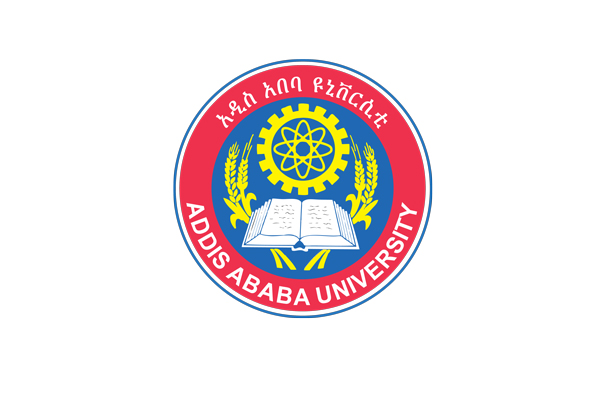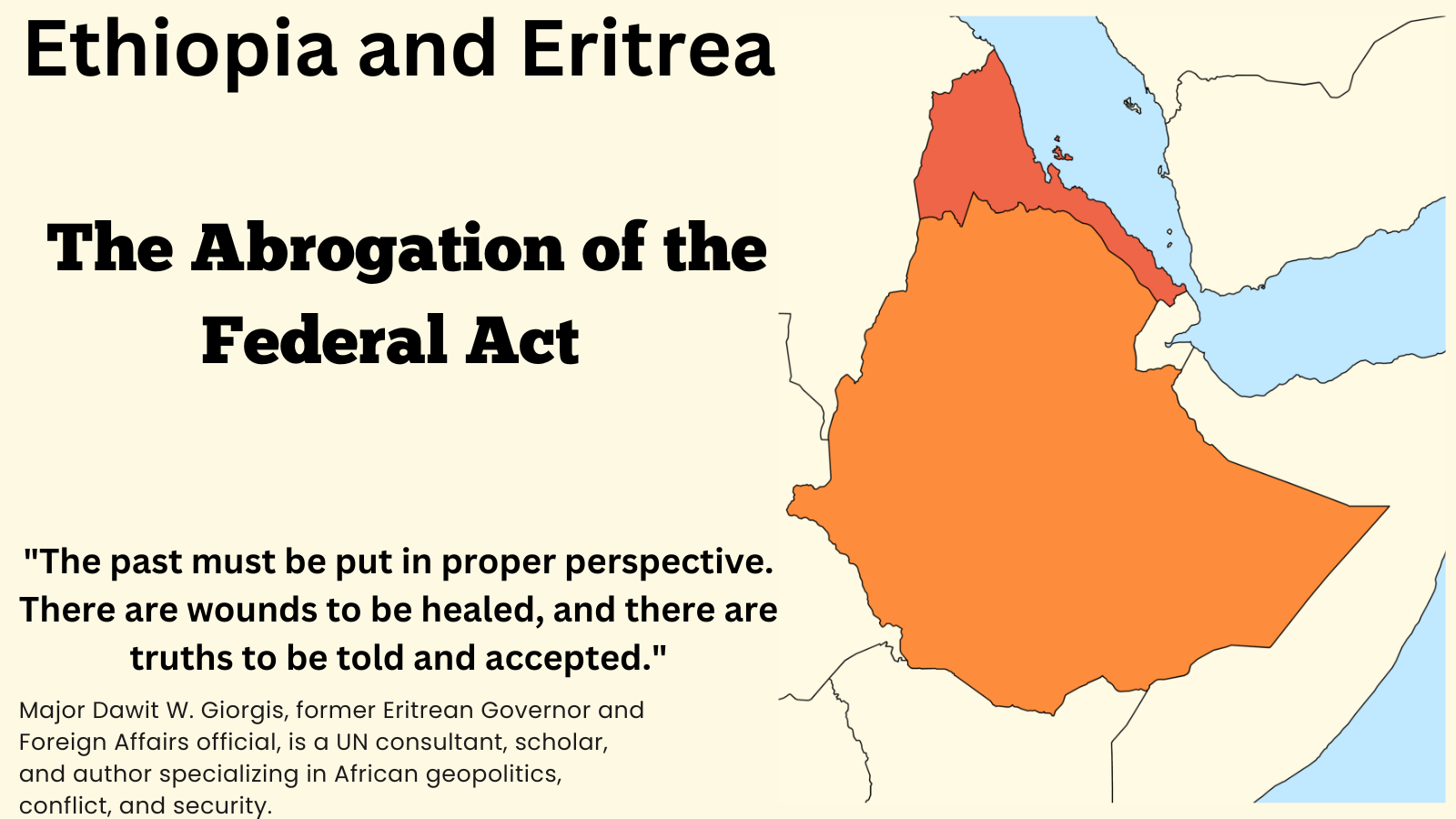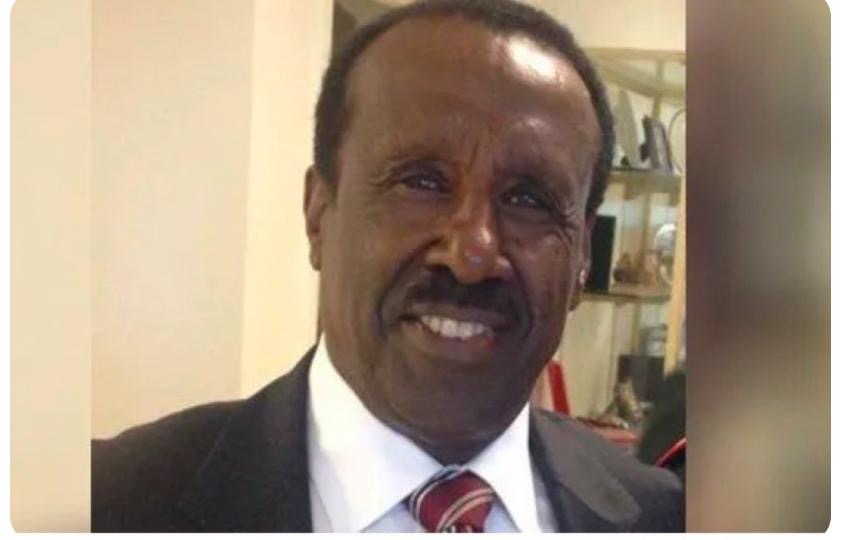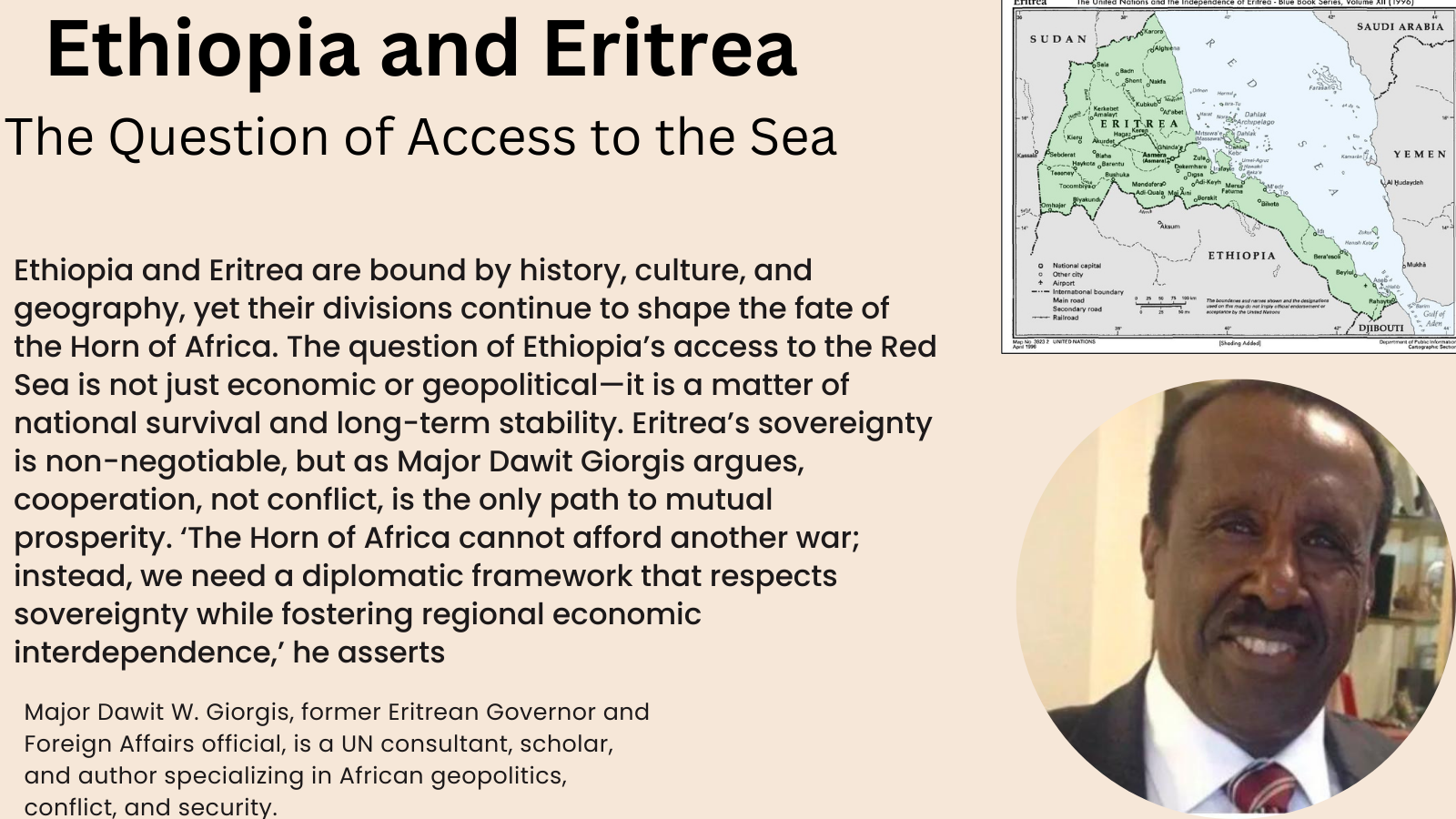
In a time of crisis, Addis Ababa University’s decision to reject high-scoring Amhara students seeking refuge on campus has sparked a wave of concern and action. Despite pleas from students to remain until security concerns in their home regions are resolved, they are being compelled to leave.
One second-year student, whose family resides in Addis Ababa, has stepped up to offer accommodation for a few of these displaced students. This act of kindness has inspired a larger initiative aimed at providing support for these students until they can safely complete their studies.
Traditionally, during breaks, students are expected to leave campus and stay with family. However, exceptions are made for those facing dangerous or untenable situations in their places of origin, such as war or natural disasters. This leniency has been a longstanding practice at the university.
However, this year, a troubling discrepancy has emerged. This discrepancy is especially concerning given the widespread conflict in the Amhara region.
In response, the Amhara Students Association has taken proactive measures to support their peers. Members have assessed each student’s situation, particularly those with high academic achievements, and have mobilized resources to provide safe accommodations in Addis Ababa.
Now, the initiative is expanding its reach, calling on the Amhara diaspora to step forward and support these students for a three-month period. Through a structured program, sponsors will be matched with students, ensuring that as many promising Amhara students as possible can continue their education in a safe environment.
This call for solidarity emphasizes the importance of community support in times of crisis and highlights the resilience of the Amhara people in the face of adversity. It is a testament to the power of collective action and the unwavering commitment to education as a pathway to a brighter future.




